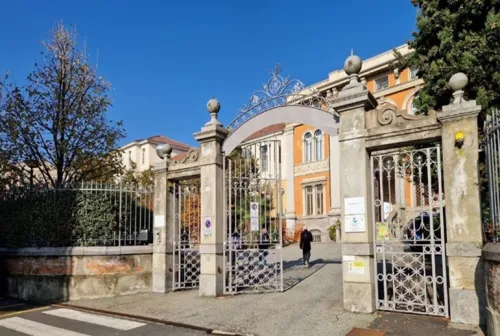Wearable devices in RSA: safety and well-being for innovative care

Global aging represents an increasing challenge for healthcare systems, requiring innovative solutions to improve the quality of life for the elderly. As part of the collaboration with the TINCARE flagship project of NODES - specifically regarding the wearable technology used in RM3 - a study has been launched at the RSA Belletti Bona in Biella to assess the acceptability of wearable devices among guests.
The project, led by Dr. Erika Bassi with the supervision of Prof. Alberto Dal Molin and Prof. Massimo Canonico, uses smartbadge-type device equipped with advanced sensors such as accelerometers and gyroscopes to monitor real-time parameters related to mobility, sedentary lifestyle and fall prevention. The data collected are processed using machine learning algorithms, offering a detailed view of the guests' motor patterns, including step entropy, useful for identifying early risk signals.
The study adopts a mixed-method approach combining quantitative and qualitative analysis. While numerical data provide information on the use and effectiveness of devices, semi-structured interviews with guests allow to explore aspects related to comfort, usability and perception of the usefulness of the devices.
The expected outcomes will help to optimise the adoption of wearable technologies in RSA, improving security and promoting more active lifestyles. This project represents a significant step towards personalised and innovative care for the elderly.

